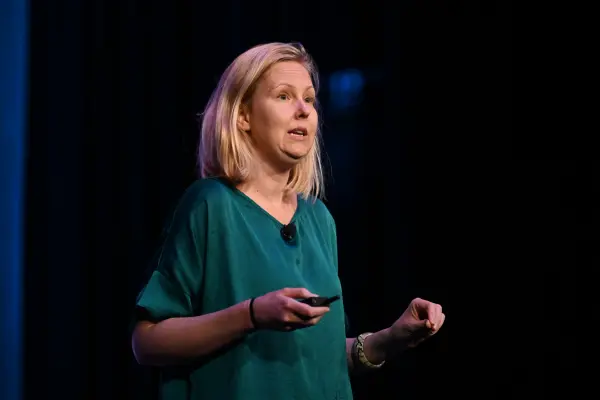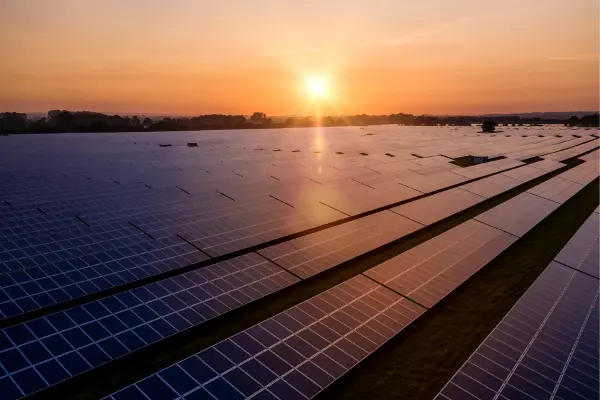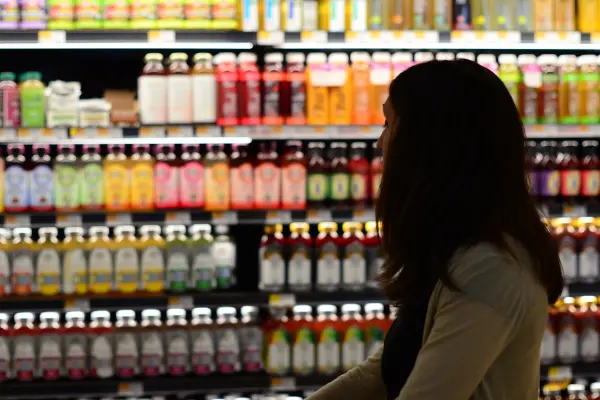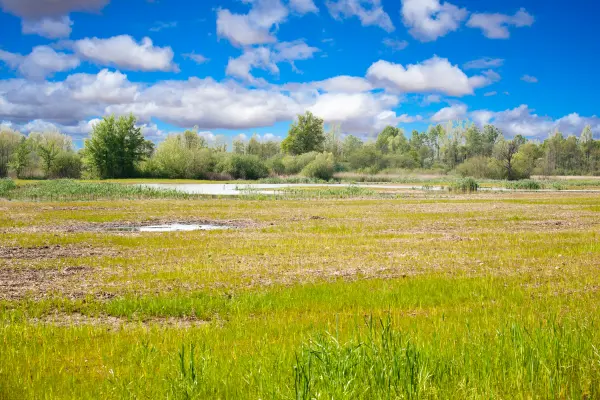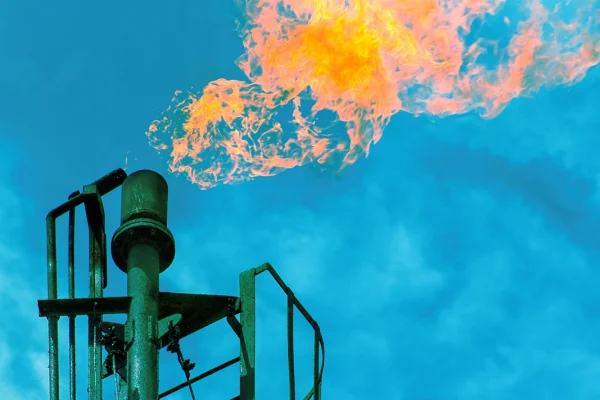Rachel Lowry, previously the Chief Conservation Officer of WWF Australia and now the CEO of Bush Heritage Australia, delivered a keynote address at the previous Impact X Summit Sydney that encapsulated the urgent need for action and the path forward.
Lowry’s insights, grounded in a deep understanding of the interconnections between climate change and biodiversity, provided a clear call to action. Her speech not only highlighted the current state of our planet but also mapped out a blueprint for collective and impactful environmental stewardship.
Looking ahead, the upcoming Impact X Summit Sydney 2024, scheduled for April 22nd and 23rd in Sydney, coinciding with Earth Day, promises to build upon the progress of past gatherings. Themed “Climate & Nature 2030: Accelerating Partnerships for Shared Growth,” supported by the NSW government and WWF, the summit aims to foster a dialogue on decarbonization strategies, regenerative solutions, and the crucial role of partnerships in navigating the path to a sustainable future.
As the event approaches, Lowry’s insights from the previous summit serve as a foundation for the critical discussions and actions that will shape our collective journey towards a net-zero, nature-positive economy.
Below are the most significant insights from Rachel Lowry’s keynote address.
Awareness of the climate crisis has become mainstream, driving unified action for stability and biodiversity.
Rachel Lowry: “And if I say, ‘Let’s talk about the biodiversity crisis we have, you know, more mammals going extinct in this country than anywhere else in the world,’ it is so common now for people to say, ‘Uh, but you realize if we’re going to address the biodiversity crisis, we’re going to have to stabilize the climate.’ We are so attuned now to the climate crisis and the fact that we need to stabilize the climate, that I just want to say, first off, hats off to everyone in the room for being part of a movement that has gotten our nation there with this mainstream narrative that is so welcome.”
Real solutions for carbon sequestration exist naturally, highlighting the importance of preserving and utilizing trees.
Rachel Lowry: “And I cannot tell you the number of times I have heard people talk to me about how hard they are holding out hope for this incredible innovation that will sequester carbon from our atmosphere and save the day. And in that moment, I cannot be the only person in the room that thinks, ‘We’ve got one of those; it’s a tree.’ Yeah, but I’m talking about like big sequestration, like really, like well, these things are scalable. You want more sequestration, you put more in the ground, or better yet, don’t cut the ones down that are standing now.”
Biodiversity and climate crises are interconnected, demanding integrated solutions for effective change.
Rachel Lowry: “Equally, and I never get stopped and told this, very rarely, you cannot address the climate crisis without addressing the biodiversity crisis. And then there’s our food systems. And we heard Nicky Sparshott mention this earlier in the very first panel session. We are asked and being asked constantly to be reminded that we cannot achieve either if we do not change, create systems change across how we produce our food. The challenges that we have in the years ahead as we head towards significant population increase are enormous, and these three challenges are equally opportunities for us.”
Addressing beef production’s impact is key to achieving wins for biodiversity, climate, and food systems.
Rachel Lowry: “So, for example, I think one of the most significant things that Australia can do to move us properly and fast towards a nature-positive future is to address the way we produce beef in Australia. We need a deforestation-free beef system. It can be done; it’s been proven it can be done. But the reason the koala was listed within the last 12 months as endangered across New South Wales and Queensland is not because of the recent bushfires, though that was just the absolute tipping point. The key variable is that we are clearing land and knocking trees down at a rate that’s alarming, more than the size of Tasmania on the Australian mainland in 10 years, just for threatened species habitat alone for beef.”
Emphasizing nature in discussions about climate and innovation accelerates progress towards sustainability goals.
Rachel Lowry: “So, I would just say, I’m going to leave with a challenge today, and that is next time someone says to you, ‘Gosh, we need to stabilize the climate. We’re going to have to accelerate action towards these climate 2030 goals,’ I’d love you to say, ‘I agree, but we will not achieve that if we leave nature behind.’ Because I think the way we frame things and how we speak about nature is going to be critical between now and 2030 if we’re truly going to win this opportunity that’s ahead of us.”
Watch Rachel Lowry’s full keynote address below:
***
Impact Leadership Journal (ILJ) is a Community Partner of Impact X, working together to create a net-zero, nature positive future that benefits all people and ensures the wellbeing of our planet. This video is published exclusively on this site with the permission of Impact X. To learn more and to join upcoming events, visit www.impactx.tech.
